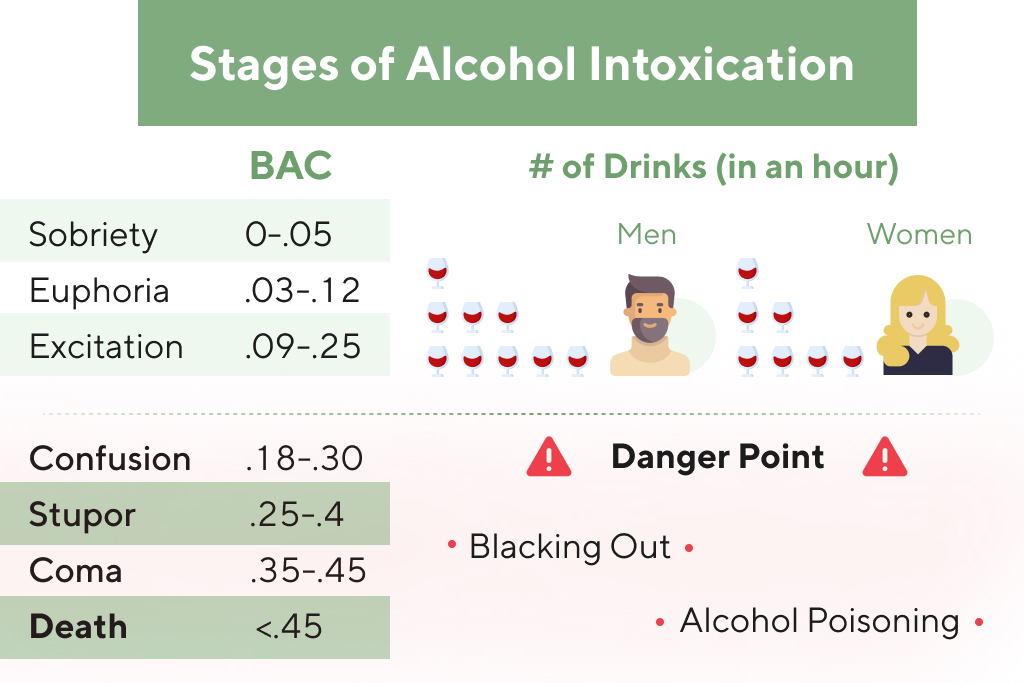This can involve staying below low-risk drinking guidelines, such as not regularly drinking more than 14 units of alcohol per week and taking several drink-free days. It’s important to note that it takes more than a weekend of abstinence to reset alcohol tolerance. Tolerance may begin to diminish after a few days, but it may take two weeks to return your tolerance level to normal. Tolerance can develop quickly; a few days to a week of heavy drinking can cause it to take several beers for you to feel a buzz. Signs of high alcohol tolerance include the need to consume large amounts of alcohol to feel intoxicated, frequent binge drinking, and minimal hangover symptoms. In conclusion, if you’re wondering whether your alcohol tolerance will decrease after you stop drinking, the answer is a resounding yes.
Does lower tolerance mean I will get drunk faster?

Alongside these benefits, having a structured plan and supportive community can significantly enhance the success and enrich the experience of this 30-day endeavor. Remember, understanding your own limits and practicing moderation when consuming alcohol is crucial for maintaining good health. If you are concerned that you or someone you care about has a drinking problem there is help available.

Can exercise help reduce alcohol tolerance?
This journey not only contributes to lowering tolerance levels but also promotes a healthier lifestyle and well-being. The frequency and amount of alcohol consumed also impact tolerance levels. Regular heavy drinkers may develop a higher tolerance over time compared to occasional or moderate drinkers. This is because the body becomes accustomed to processing larger amounts of alcohol on a regular basis. Genetics plays a role in determining individual alcohol tolerance levels.
Functional Tolerance Can Result in Dependence
Alcohol amphetamine addiction treatment tolerance refers to the body’s ability to suppress its normal responses to toxins. As a person’s alcohol tolerance increases, they require a higher blood alcohol concentration (BAC) to experience the same effects as before. This can lead to physical damage and impairment, as the individual may not realize how intoxicated they are and may engage in risky behaviors, such as driving under the influence. Additionally, with increased tolerance, the individual may consume more alcohol to achieve the desired effects, leading to higher BAC levels and potential toxic effects on the body. To lower alcohol tolerance and reduce the risk of dependence, it is advisable to take regular breaks from drinking or reduce alcohol consumption.
- Having a meal before drinking alcohol can slow down its absorption, potentially reducing its impact and contributing to lower tolerance.
- Women’s bodies are affected differently by alcohol than men’s bodies, for reasons that go beyond mere size.
- A person’s drinking won’t significantly affect their behavior and function.
- This means you may feel intoxicated with smaller amounts of alcohol and experience intensified hangovers.
- Consistent and frequent consumption due to tolerance can lead to the development of fatty liver disease.
Direct alcohol tolerance depends on body size—larger people will require more alcohol to become impaired than lightly built people. This is because alcohol has an affinity for water, and the more water there is in the body, the lower the blood alcohol concentration (BAC) will be. If two people of the same weight consume the same amount of alcohol, the person with a higher percentage of fat will reach a higher peak BAC than a lean, muscular individual. This is because fatty tissue does not contain much water and will not absorb much alcohol, making the concentration in the rest of the body higher. Alcohol tolerance is influenced by several genes, including ones that code for enzymes that metabolize alcohol and for receptors that respond to alcohol.
However, it is important to distinguish alcohol intolerance from an alcohol allergy. An alcohol allergy is a true immune system response to an ingredient in alcohol, such as sulfites, grains (e.g. wheat, corn, rye, or barley), histamines, or other additives. Even trace amounts of alcohol can trigger severe allergic reactions in individuals with an alcohol allergy. Symptoms of an alcohol allergy can include hives, swelling of the lips or throat, difficulty breathing, and in extreme cases, anaphylaxis. It is worth noting that allergic reactions to alcohol itself are rare, and allergies are more commonly triggered by specific ingredients in alcoholic beverages. Drinking every day can lead to tolerance regardless of environmental influences.
You may be covered by insurance for addiction treatment.
Her other culinary mission in life is to convince her family and friends that vegetarian dishes are much more than a basic salad. Having a meal before drinking alcohol can slow down its absorption, potentially reducing its impact and contributing to lower tolerance. While regular exercise has numerous health benefits, it does not directly impact alcohol tolerance.

When alcohol-dependent people reduce their intake, they experience intense cravings and withdrawal symptoms. Having a high tolerance makes you less prone to alcohol’s impairing effects. However, a high alcohol tolerance increases your risk for other problems. Alcohol Misuse and TreatmentIf you are concerned about alcohol tolerance, you may also be wondering about alcohol misuse and the possibility of needing treatment. According to the National Institute on Alcohol Abuse and Alcoholism (NIAAA), more than 17 million people were struggling with an alcohol use disorder how to lower alcohol tolerance in 2014. People who received appropriate treatment, however, can make significant recoveries.
Support Groups for Assistance
Complications may arise, causing a list of problems that can greatly affect your self-image in general. Yes, reducing your alcohol intake or completely abstaining from alcohol will eventually decrease your tolerance. Cutting down on alcohol consumption will likely reduce tolerance, but not as significantly as completely abstaining from drinking. In fact, people with a family history of alcohol dependence are four times more likely to develop a dependency themselves, Damask said.